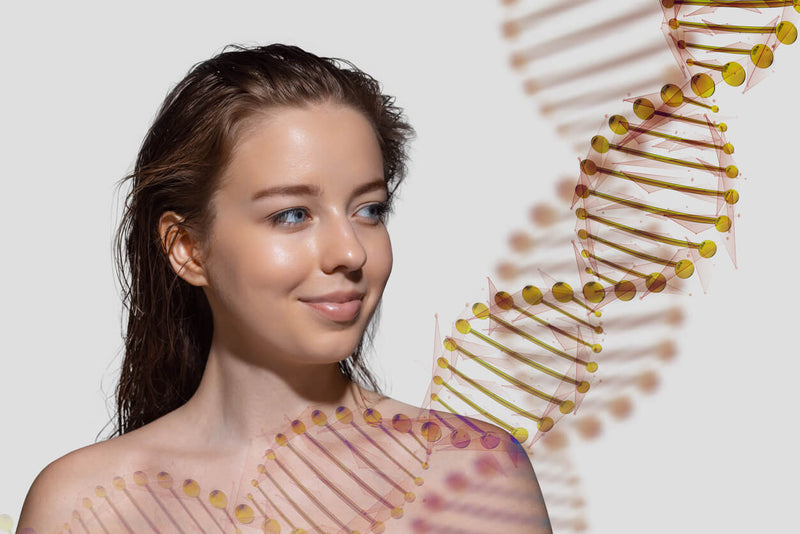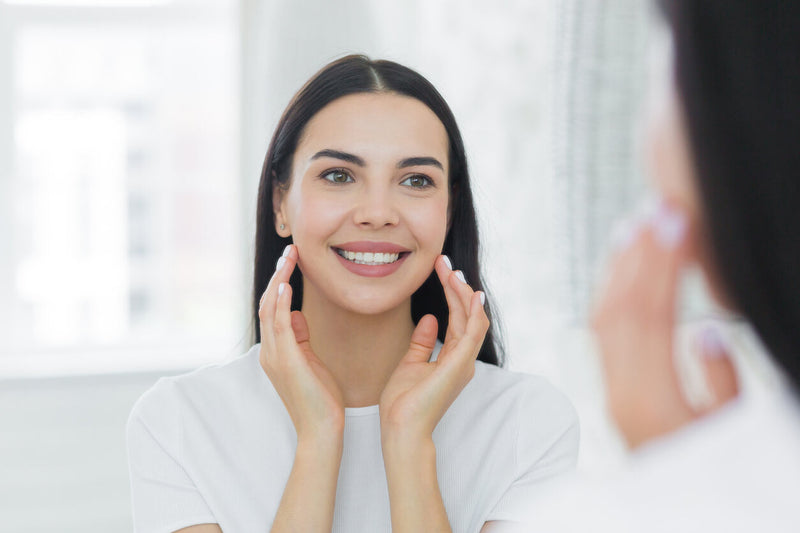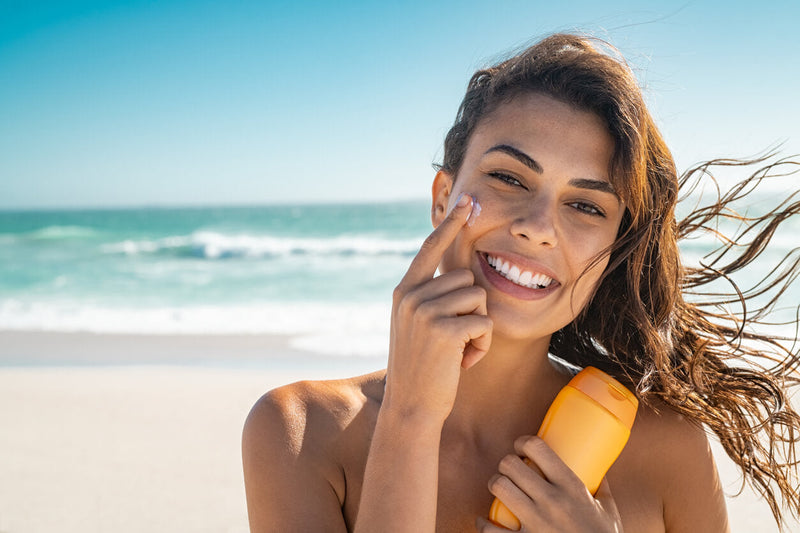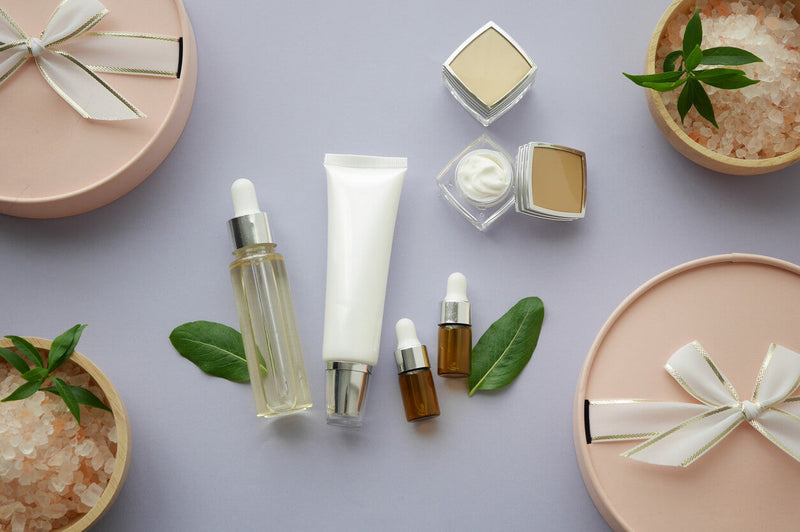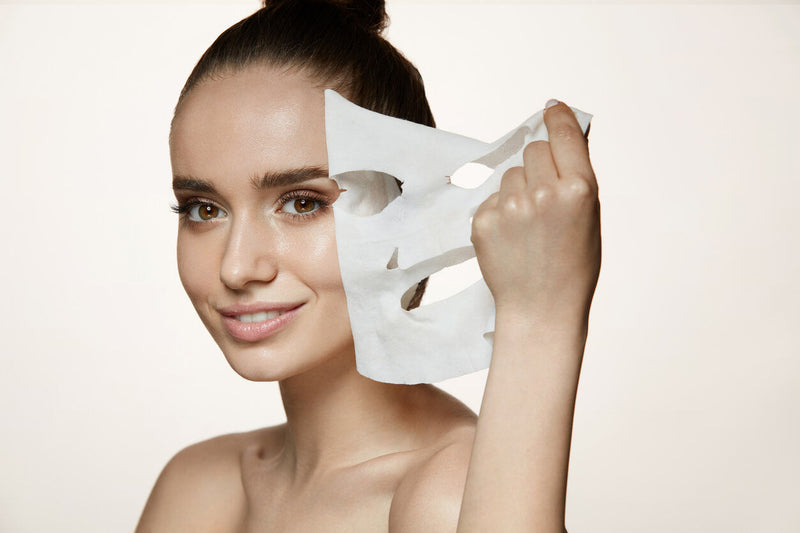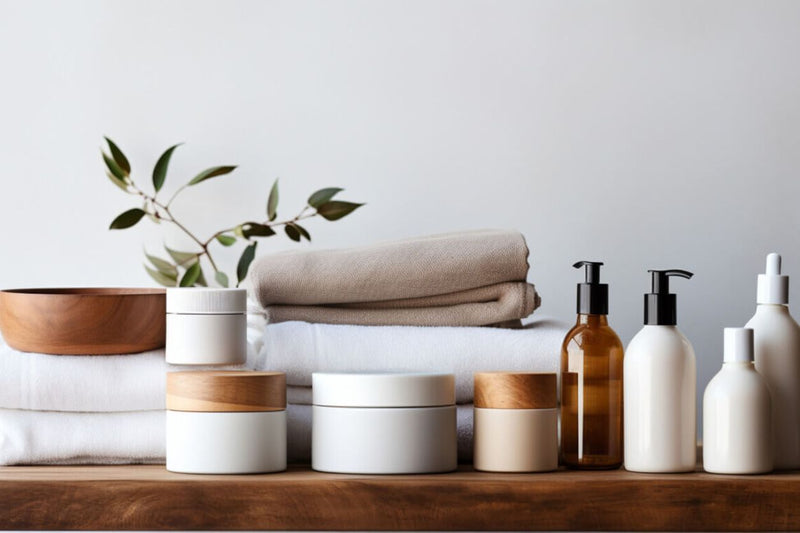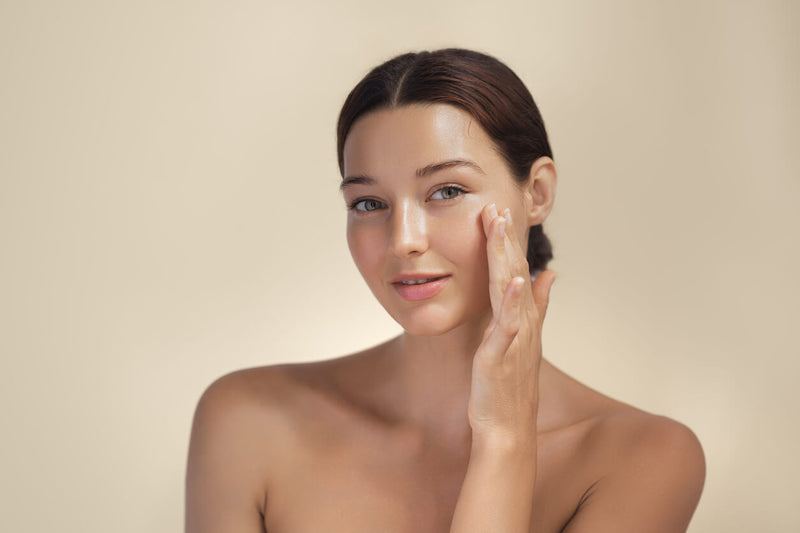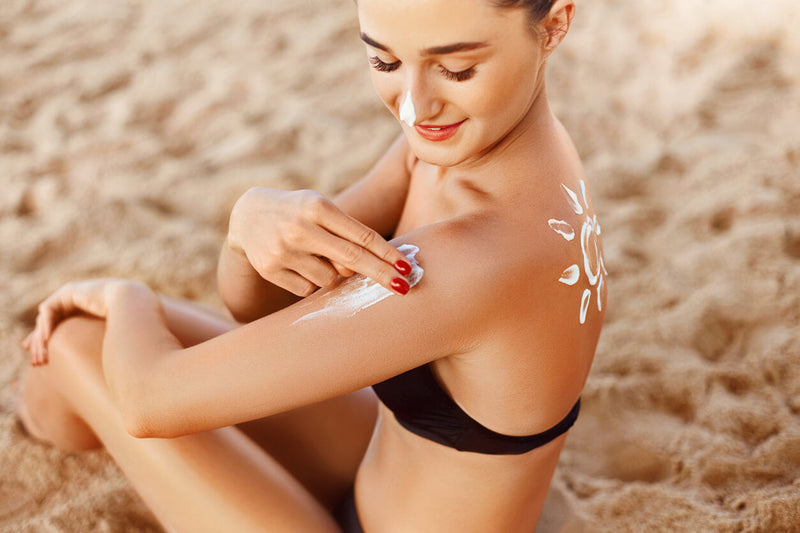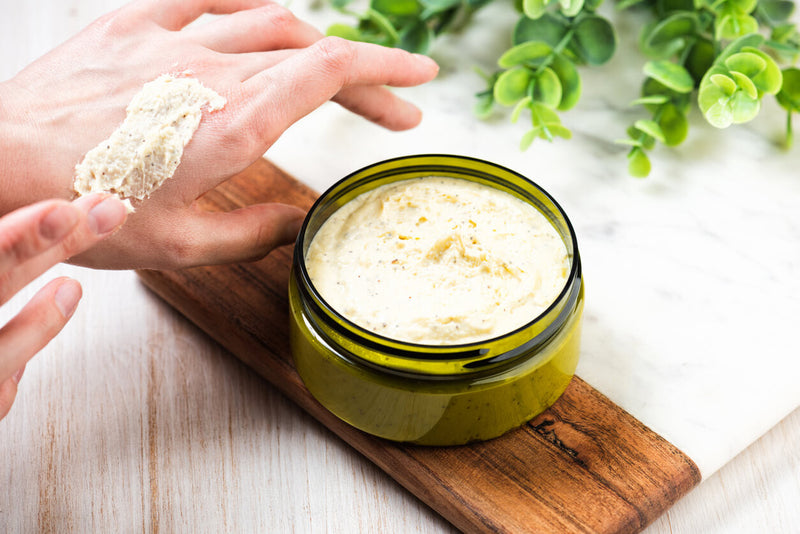

|
Table of Contents What is resilient skin?
|
What does it actually mean to have strong, resilient skin? Is it having a clearer, smoother, and younger-looking complexion? Or is it about being able to resist premature aging and maintain optimal moisture? Does resilient skin easily recover from damage and therefore require less care and protection?
Continue reading as we explore more about what it means to have resilient skin and what you can do to promote or improve your skin’s resilience.
What is resilient skin?
The word resilience refers to the ability to adapt well and bounce back from difficult situations. The same also applies to skin resilience or resilient skin, which functions optimally and is able to withstand and recover from everyday stressors. It is also associated with the skin’s ability to defend itself from excessive water loss.
In essence, resilient skin has a healthy, well-functioning skin or moisture barrier. This contains lipids and cells, and protects your body and skin by keeping the irritants out and the moisture in. A balanced skin barrier not only stops or counteracts aggressors, but also improves the skin’s ability to fight blemishes, wrinkles, and other visible manifestations.
Factors that can cause the skin to become less resilient include:
- The natural aging process
- Prolonged and unprotected sun exposure
- Poor diet/nutrition
- Lack of sleep
- Stress
- Seasonal changes/extreme temperature fluctuations
Aging or the passing of time gradually weakens skin resilience, including its ability to protect itself from external aggressors and repair damage.
How to promote/achieve resilient skin
Build a resilient skincare routine
Invest in products that help improve skin health and its ability to fight external aggressors, as well as support collagen production. A few ingredients that can help include:
- Vitamin C – is an antioxidant that protects the skin against free radicals. It also brightens the skin and helps stimulate collagen production to improve signs of aging. Dr. Sylvia’s 20% Vitamin C with Ferulic Acid is a potent antioxidizing formula that reduces oxidative damage, evens skin tone, and improves lines, wrinkles, and dark spots.
- Peptides – serve as signaling molecules that easily penetrate the skin and instruct other cells and molecules to perform specific functions. Depending on the type of peptides added to skincare, they can improve the skin barrier, repair damaged skin, and make the skin look firmer and more elastic.
Dr. Sylvia’s Multi Peptide Youth Infusion is a complete rejuvenation serum that protects the skin from environmental stressors and improves the skin’s ability to retain moisture. It contains peptides that help stimulate collagen production, as well as firm and tighten the skin and reduce the appearance of dark spots.
- Apple stem cells – are known to have anti-aging properties and stimulate the production of skin cells. Dr. Sylvia’s Apple Stem Cell Serum activates skin cell regeneration and stimulates the production of collagen and elastin. It also promotes a youthful complexion by targeting premature aging and fine lines, as well as reversing environmental damage.
Do not over-exfoliate
It is normal for the skin’s cell renewal rate to slow down with age. Exfoliation can help with this and revive lackluster skin. Just make sure not to overdo it, as it can strip off the skin’s natural moisture and dry out your skin. You also need to be careful with physical exfoliants that can be too harsh on the skin and cause micro-tears.
There are two ways to exfoliate your skin: physical and chemical. The right method depends on your skin type and preference. Many experts, however, recommend the latter as this promotes gentle shedding of dead skin cells and does not manually remove them. Chemical exfoliation is also ideal for sensitive skin.
- Physical exfoliation – uses a tool or abrasives such as face scrubs with granules or microbeads to manually get rid of epidermal cells.
- Chemical exfoliation – uses chemical exfoliants (alpha hydroxy acids/AHAs or beta hydroxy acids/BHAs) to break down surface skin cells.
For further reading: What You Should Know About Exfoliating Your Face
Protect your skin from the sun
UV rays are one of the skin’s biggest enemies. This only makes it important to practice sun protection measures daily, especially when you’re going out. Here are some ways to protect yourself against UV rays:
- Use a broad-spectrum sunscreen – choose a formula with at least SPF 30 and apply liberally.
- Pair your vitamin C serum with sunscreen – apply your serum first, then moisturizer and sunscreen in the morning. Vitamin C + SPF is more effective in neutralizing free radicals from UV radiation than wearing sunscreen alone.
- Wear protective/covering clothing – create a physical barrier between your skin and the sun by wearing long-sleeved shirts and pants or UV-protective clothing.
- Accessorize – get further protection by wearing wraparound sunglasses that provide 100% UV protection and a wide-brimmed hat.
- Seek shade – use trees, umbrellas, or shade structures to minimize UV radiation. Make sure not to solely rely on shade for sun protection; pair it with other measures.
- Limit sun exposure – avoid being outdoors in direct sunlight, especially between 10 am and 4 pm, when UV radiation is most intense.
Increase lipids in the skin
Lipids are skin’s natural fats that help maintain its moisture and suppleness. They support the skin’s protective barrier and help in the skin’s natural repair process. The skin’s production of lipids declines with age, resulting in dullness, rough skin texture, and reduced facial fullness.
You can repair or increase lipids in the skin barrier by using a topical product with nourishing or hydrating ingredients. Products or moisturizers with hyaluronic acid, ceramides, cholesterol, and fatty acids can help replenish lipids in the skin. Dr. Sylvia’s Hydra Pro with MoistureLock contains hyaluronic acid and can soothe and heal the skin.
Consider aesthetic treatments
A little bit of help, especially from professionals, can both repair your skin’s barrier and increase your skin’s resilience. Our aesthetic clinic in Singapore features several non-surgical treatments that can support skin health and address specific skin concerns, such as wrinkles, dullness, sagging skin, and dark spots.
We have injectable moisturizers such as bio-remodelling and VYC-12, which are designed to improve skin hydration, firmness, and overall quality. They help retain moisture in the skin, as well as increase collagen production and plump up the skin for a more refreshed and youthful appearance.









